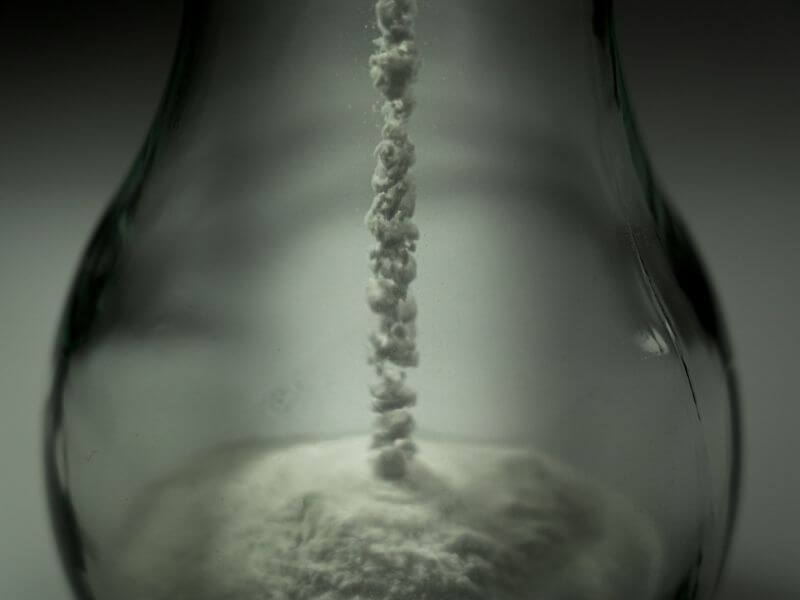For many people, incontinence has been accepted as a fact of life. From young moms to women over the age of 75, incontinence can be minimized as a fact of life. However, incontinence can have a significant impact on your wellbeing, beyond being a medical condition that should be resolved.
Today we’re highlighting how seeking treatment for incontinence is a form of self care, and why you should reach out to your health care provider if you’re suffering from urinary incontinence.
Incontinence Damages Relationships
Especially for younger women and new moms, navigating a changing body can be complicated and filled with emotions. Adding incontinence into the mix can be damaging for your closest relationships and intimacy with your partner. The fear of an accident or leak, not feeling like yourself after wearing pads or diapers, and the feelings of uncleanliness can all impact your libido and desire to be close to your partner.
Incontinence Causes Social Anxiety & Isolation
While you should be focusing on the good times, jokes, and conversation when seeing your friends, women with incontinence may instead be thinking about where the closest washroom is, making sure they don’t laugh too hard to prevent leaks, and feelings of insecurity wondering if others can tell they’re suffering from incontinence. Eventually, it may cause increased isolation with fewer trips out of the house, less time spent with friends and family, and the feeling of being confined to the nearest bathroom just in case.
Incontinence is Expensive
Extra underwear. Spare pants in the car. Pads all month long. Diapers for overnight. Managing incontinence instead of treating it can get expensive! Most treatments are covered by health insurance, and any time and expense spent actually treating the root cause of your incontinence is minimal compared to the ongoing time and costs associated with band-aid solutions.
There are affordable products available to non-invasively treat incontinence. The INNOVO Urinary Incontinence Kit—cleared by the FDA—is a pair of “smart shorts” designed to strengthen your pelvic floor muscles from the inside out. Using the kit, you perform 180 perfect Kegels in 30 minutes. A clinical study guided by the FDA had amazing results: 87% of women were defined as dry after just 12 weeks, and 90% of users would recommend the therapy to others. Subscribe to the INNOVO newsletter to receive a $20 discount code for your purchase!
Incontinence Impacts Self Esteem
Self-esteem is a huge part of our overall well being, and suffering from an embarrassing health condition, having to wear diapers, and not feeling like a healthy adult can all impact our sense of self-esteem. Imagine not having to be vigilant of the pants you wear to cover leakage or the outline of a pad, or confidently dancing and laughing with friends. Feeling sure of yourself and not having to second guess whether those around you can ‘tell’ or fearing a slip up allows you to live your life with freedom, and start feeling like your true, best self again.
Incontinence Affects Cleanliness
Having to constantly wear pads and diapers, or sitting in underwear that has been leaked in can cause odor and impact your overall feeling of cleanliness. Constant moisture can lead to rashes and bacteria, which can cause urinary tract infections and other skin conditions. Addressing the root cause of incontinence and being proactive can help clear these issues up!
Incontinence Can Get Worse
Incontinence may start as a little leak or trickle here and there, but if left unaddressed incontinence can get worse over time and turn into a significant health issue. If you seek care early, it can be as simple as exercise and lifestyle change. However, if left unaddressed, surgery or medication may be required to treat and heal your urinary incontinence.
Incontinence goes beyond a medical condition and can impact your life in so many ways. By addressing and treating your urinary incontinence, you are addressing your holistic health and wellbeing. Take a simple step today to care for yourself and reach out to a health care professional if you are experiencing urinary incontinence!




















